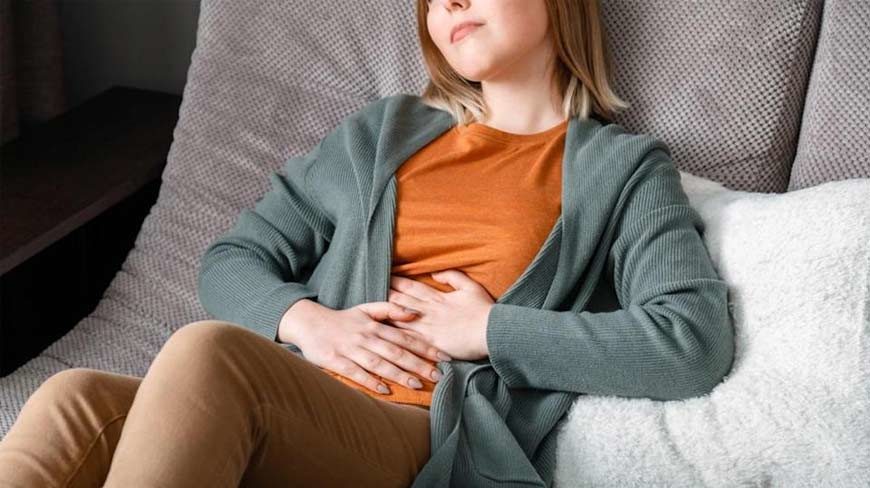Gas and Bloating: When You Should See a Doctor
We’re all familiar with that uncomfortable fullness of bloating and the sometimes-embarrassing consequences of gas. That discomfort is the result of trapped or slow-moving gas.
You may recognize that certain foods and drinks are to blame. Some foods are more likely than others to cause gas and bloating. Simply avoiding them can keep it to a minimum.
But sometimes, gas and bloating aren’t easy to relieve or can point to a more serious condition. Irritable bowel syndrome, pancreatic insufficiency, celiac disease, and many other conditions can cause gas and bloating.
But how do you know if your gas and bloating result from regular eating habits or something more?
What’s Normal, What’s Not?
It’s normal to pass gas around 15-20 times per day. Gas is a normal product of digestion that causes symptoms like:
- Abdominal cramping
- Bloating
- Burping
- Distended abdomen
- Flatulence (passing gas)
It’s caused by the digestion and fermentation of foods and by swallowing air while you eat or drink. The foods that cause gas the most include:
- Artificial sweeteners
- Carbonated beverages
- Fiber supplements
- High fiber foods
- Sugars
Some medical conditions can also cause gas, bloating, and gas pains, including:
- Bacterial changes in the intestines
- Constipation
- Food intolerance
- Intestinal conditions like Crohn’s disease, diverticulitis, or ulcerative colitis
Gas and bloating can often be treated successfully at home.
What Home Remedies Work for Bloating?
Lifestyle changes or over-the-counter remedies can sometimes relieve or prevent excess gas and bloating. Try the following to get rid of bloating and gas:
- Avoid straws, chewing gum, and sucking on hard candy
- Dietary changes (more fiber, less fatty foods, avoiding your trigger foods)
- Eat slower
- Eat smaller portions
- Exercise regularly to reduce the risk of constipation
- Limit carbonated drinks
- Over the counter medications for gas
- Quit smoking
- Take a laxative if constipation is the cause
- Tighten loose dentures to minimize the amount of air you swallow
If you’ve tried home remedies but are still experiencing excess gas and bloating, you should talk to a doctor about your symptoms.
When Should I See a Doctor About Gas and Bloating?
When gas and bloating occur with other symptoms, it could mean something is going on other than normal digestion. You should see a doctor if you have gas and bloating along with any of these symptoms:
- Blood or mucus in your stool
- Changing your eating habits didn’t help
- Chronic or frequent diarrhea, constipation, or vomiting
- Fever
- Loss of appetite
- Over-the-counter remedies don’t help
- Persistent bloating, gas, or heartburn
- Significant changes in bowel movements
- Symptoms are disrupting your life
- Unexplained weight loss
When you see a doctor, you’ll probably start by discussing your medical history and symptom history. It might help to keep a symptom journal noting what you were doing or what you ate when you had symptoms, their severity, and what helped or worsened them.
You’ll also have a physical exam of your abdomen to check for anything that feels abnormal and/or tender.
Your doctor may then recommend testing, like a colonoscopy, blood tests, upper GI imaging, or breath tests.
When is Gas and Bloating an Emergency?
Some conditions that cause bloating, gas, and abdominal pain can be serious. Get immediate medical help for these symptoms:
- Chest pain
- High fever
- Severe abdominal pain
- Severe diarrhea
We Can Help You with Your Symptoms
Living with excessive gas and bloating can be uncomfortable, embarrassing, and interfere with your daily activities. A visit with a gastroenterologist could be your first step to leading a more comfortable life.
Don’t live with chronic gas and bloating any longer – schedule an appointment today!
Related:


